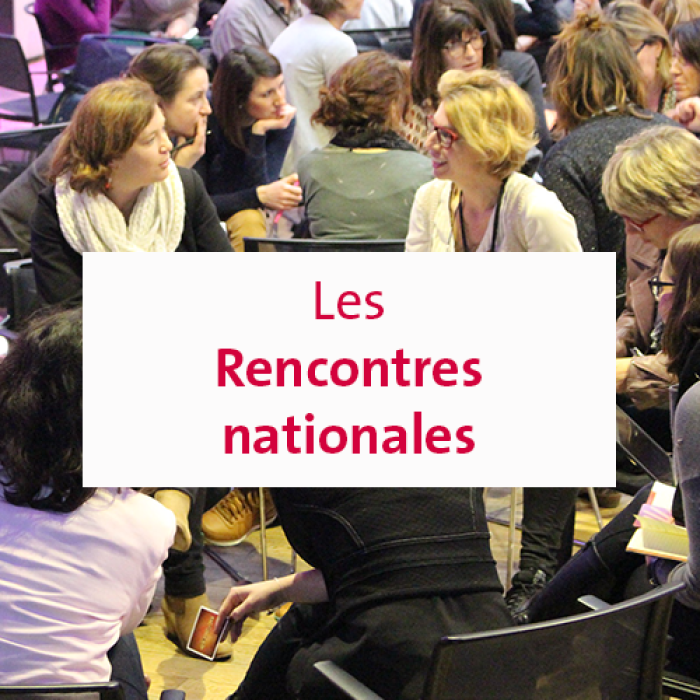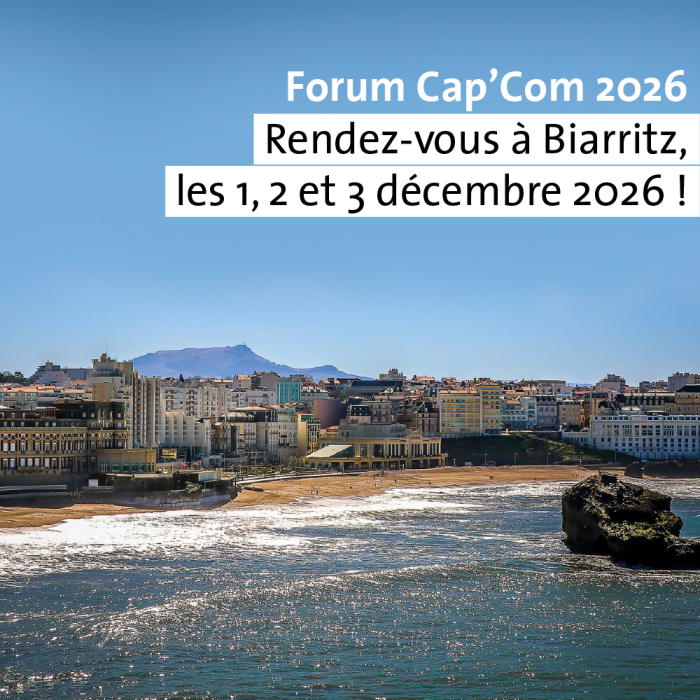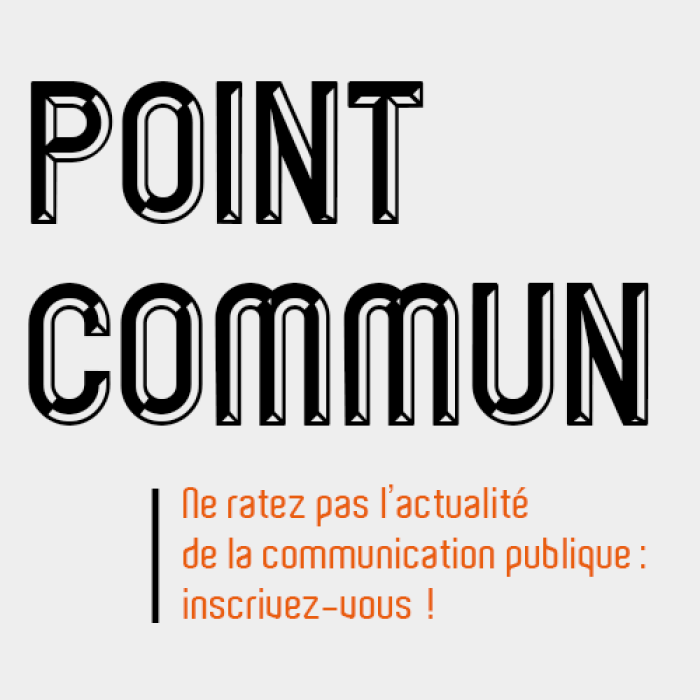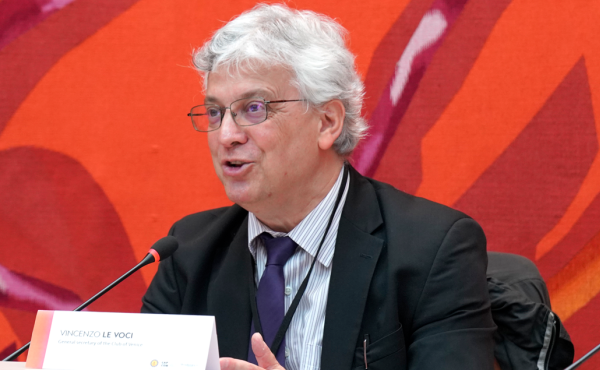
The truth in a time of crisis: how to boost the resilience of democracy in the era of disinformation?
The Club of Venice convened in London on the 12 and 13 March 2025. The representatives of EU public communication were joined by academics, diplomats, journalists and institutional leaders to debate an issue faced by one and all: how to communicate in a time of crisis when the very notion of truth has become a subject of controversy. Natalie Maroun took the floor on behalf of the Cap'Com network in the session “Preparing for a Crisis” to explain why we can no longer respond to crises as we did in the past. Here are some of the insights she shared.
Natalie Maroun is a Managing Partner at Element-EU, specialising in crisis management. She has advised Cap’Com with its training and lectures in her area of expertise.
Public communication is having to move the goalposts in response to disinformation
Crisis communication traditionally relies upon carefully-crafted fact-based messages with an institutional seal of approval. But how should we react when the crisis is fuelled by the contesting of the facts? When the question is no longer to determine if a problem exists, but if scientific discourse still has a voice.
This is the very of heart of the problem as disinformation exploits a certain asymmetry:
- It plays on the inability to prove that something is non-existent (e.g. the bedbug situation in Paris, how can you prove that there aren’t any?);
- It is nurtured by emotional reactions, cognitive bias and beliefs, unlike institutional communication which relies on proof;
- It thrives on click-bait platforms motivated by the number of views and not the truth.
Basically, we are fighting legions of algorithms, supported by AI, while only armed with the cumbersome - albeit ethical - weapon of transparency.
An alternative response: understanding the mechanisms and identifying the right enemy
In this situation, public communication must avoid two traps:
- Mechanically correcting falsehoods without dealing with the emotional fallout;
- Failing to identify the right target: the problem is not just the content per se, but its impact on behaviour and, in turn, on the tenets of democracy itself.
This is why it is so important to adopt a “whole of society” approach. Denial is no longer sufficient; we need to boost herd immunity against manipulation:
- by educating people on the role of the media,
- by developing critical thinking,
- by better understanding algorithms and the mechanism of virality.
We also need to produce alternative narratives, capable of appealing to citizens, not just in terms of their knowledge but their feelings and experiences as well.
The climate: a hotbed of conflict - and hope
In my capacity as a European Climate Pact ambassador, I pointed out how the narratives of climate change denial make use of disqualification mechanisms:
- science is considered to be political,
- the economy is portrayed as a victim of environmental policies,
- facts are radically recontextualised,
- natural disasters are minimised or refuted.
To address this, a three-step response appears necessary:
- identify the manipulation techniques,
- measure their effects: undermining of public legitimacy, introversion, dangerous behaviour,
- deploy a two-pronged strategy combining rapid response and long-term resilience.
A public mission, the ethics of nuance
Crisis communication can no longer be a knee-jerk response to a particular emergency. It needs to become a strategic driver of democratic resilience. To achieve this, we need to change our attitude:
- less reaction, more anticipation,
- fewer bare facts and more education,
- less defensiveness and greater efforts to build a collective narrative.
This is a political act in the noble sense of the term ; it calls upon our ability to protect the very framework of public debate.





